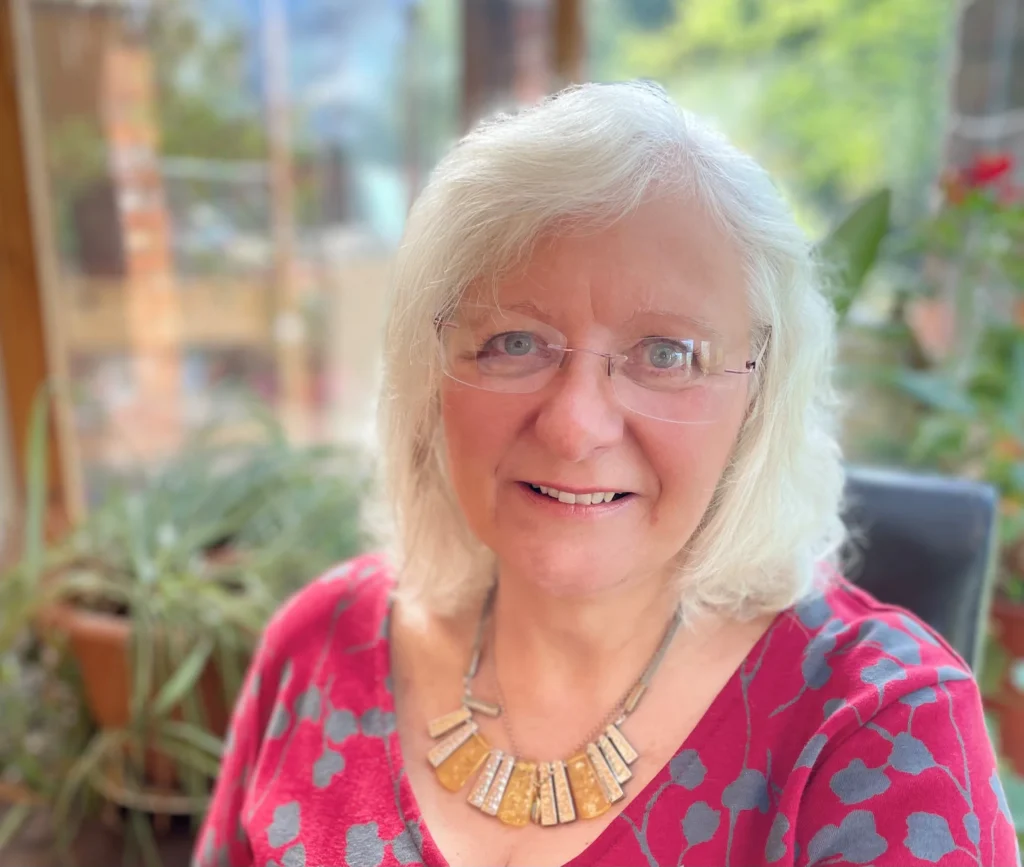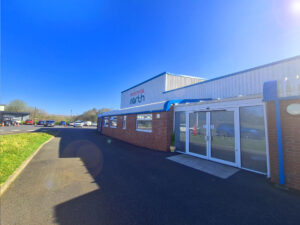Tourism leaders urge Welsh Government to delay tax plan consultation

Mid Wales tourism leaders are calling on the Welsh Government and local authorities in Wales to delay consultation on a controversial tourism tax proposal.
The leaders have warned that the tax is the last thing that the tourism industry needs with the UK now in a recession and businesses facing huge energy price rises, a cost of living crisis and the continuing legacy of the Covid-19 pandemic.
Fears have been expressed that speculation surrounding the proposed tax, which would be introduced in 2024 at the earliest, could already be damaging business and consumer confidence.
The Welsh Government, on Tuesday, launched a public consultation on proposals to give councils the powers to introduce a visitor levy, or tourism tax, a fee paid by people staying overnight in accommodation in Wales.
A series of regional consultation meetings for invited guests will be held by the Welsh Government later this year. The consultation period ends on December 13 and individuals, businesses and organisations can respond online at https://gov.wales/node/49802/respond-online.
Val Hawkins, chief executive of Mid Wales Tourism (MWT Cymru), said: “The Welsh Government and local authorities really need to consider if this is the correct time to be pushing ahead with this consultation.
“The industry is very concerned about the timing of this tourism levy proposal. The country is in the grip of a cost of living crisis with high inflation, and tourism businesses are still recovering from the impact of the Covid-19 pandemic.
“At this point, we don’t have important details about the proposed tourism tax, how and when it would be implemented and what impact it would have on businesses and visitors. It’s all conjecture.
“With the Welsh Government announcing the consultation period on Tuesday, the conversation has already started at the worst possible time. My fear is that all the media speculation about how much extra families might have to pay to stay in Wales will negatively impact business investment and consumer confidence.
“Using the Welsh Government’s own figures, visitors already contribute £6 billion to our economy. Would a tourism tax raise more money or would visitors, who are working to a budget, just spend less while they are staying in Wales?
“One outcome could be that local authorities receive more money towards local services at the expense of businesses and communities that rely on visitor spend. Here in Mid Wales, farming and tourism are the two most important sectors, so why are we risking undermining them in the future?
“Neither the Welsh Government nor local authorities have any idea what the cumulative effect will be on the wider visitor economy.”
Steve Hughson, chair of the Mid Wales Regional Tourism Forum, also questioned the timing of the consultation, describing it as a “double whammy” for businesses.
“Anybody who thinks that the tourism sector has returned to normal after the pandemic is very mistaken,” he said. “There are many challenges within the tourism sector – the cost of everything has gone up and is likely to increase further, and many hospitality businesses are having to curtail their offer because they can’t get staff.
“Then you have the whole issue of how local authorities are going to use the money raised by the tourism tax. I have written to both Powys County Council and Ceredigion County Council and both have said they don’t know how they would use the money.
“How can the Welsh Government create a business case to justify a tax on the tourism sector when they don’t know what the outcome is going to be? You cannot have an impact assessment if you don’t know how the councils will use the money.”
He revealed that the four regional tourism forum chairs in Wales, together with industry bodies, are planning their own tourism levy consultation exercises in Cardiff and Llandudno – and maybe Mid Wales – to ensure that the industry’s voice is heard.
“We are organising our own events to get a balanced view,” added Mr Hughson.
Picture captions:
Val Hawkins, Mid Wales Tourism’s chief executive.





